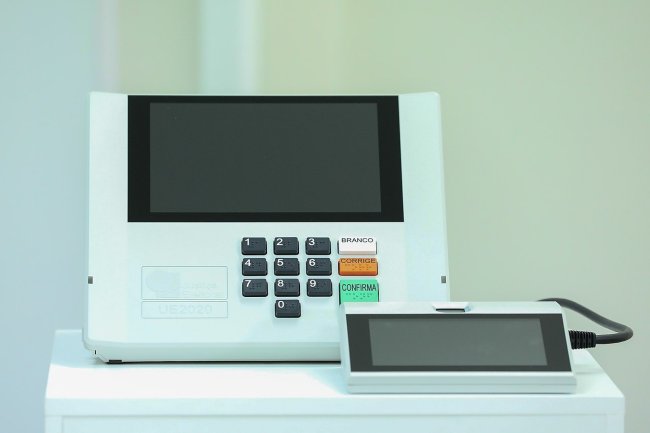History, operation and challenges of electronic voting - Meeting with PourEVA
Since 1999, in the majority of Flemish municipalities and throughout the Brussels-Capital Region, voters have had to use a voting computer in the polling booth. Despite the cost, the lack of transparency, the bugs and incidents at each election... you will vote twice in 2024 with this system. Other regions, such as Wallonia, and most EU countries have abandoned electronic voting altogether.
What is the history of these voting computers? How do the systems used work in practice? What democratic problems are posed by the use of these voting machines? What are the bugs and incidents? What other computer systems are used in elections? Are they dangerous? How can citizens regain control of elections?
All these questions, and others of an ethical or technical nature that you may wish to raise, can be discussed with two members of the citizens’ association PourEVA (Pour une Éthique du Vote Automatisé https://www.poureva.be/), which for nearly 25 years has been fighting for a return, throughout Belgium, to a system of elections that allows real control by voters, as is the case with ’paper’ voting.
Every 2nd Monday of the month, these critical lectures propose to address topics related to the digital (e.g. algorithms, surveillance capitalism, ecological impacts, etc.) and to explore alternative ways of doing things (discovery of free and ethical tools, de-gluing of smartphones, protection of communications, etc.).
French spoken. The lectures are organised by Constant’s partner, Tactic.
Photo : TSE - Tribunal Superior Eleitoral - Domaine Public
@ DK
Rue de Danemark 70b, 1060 Saint-Gilles
Denemarkenstraat 70b, 1060 Sint-Gillis
